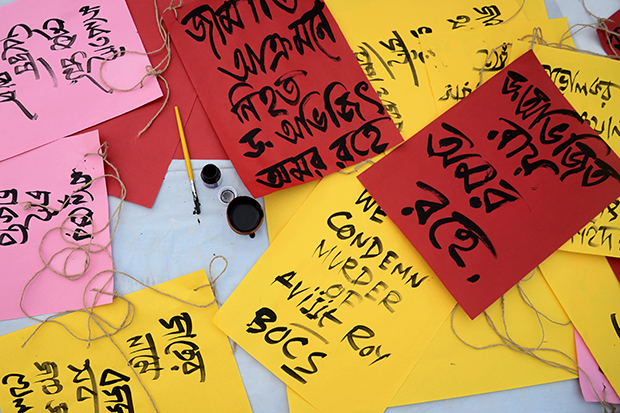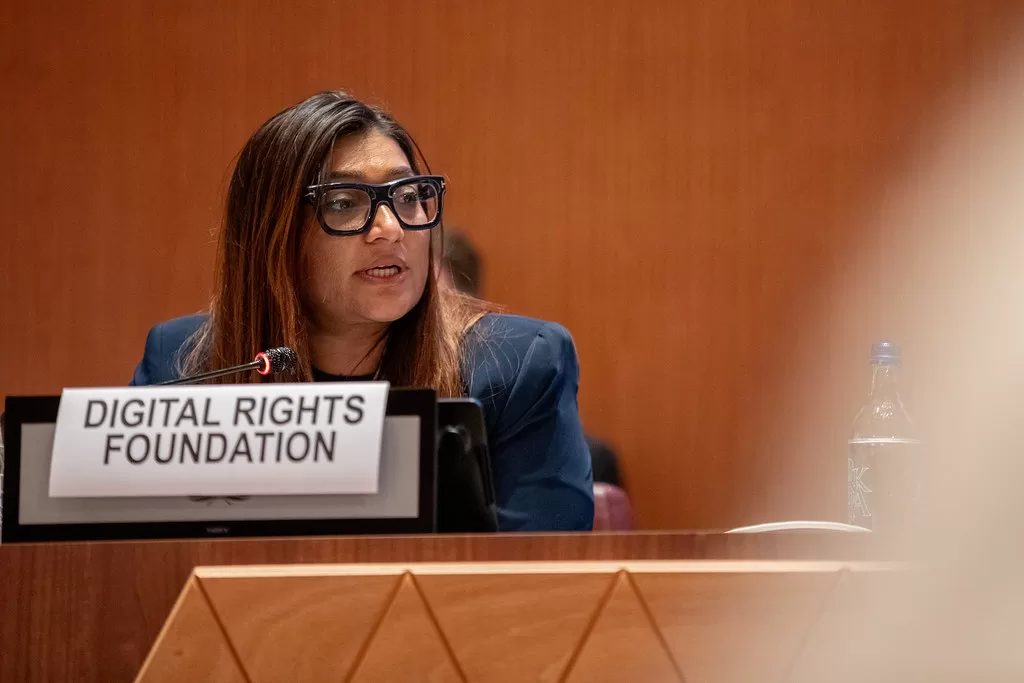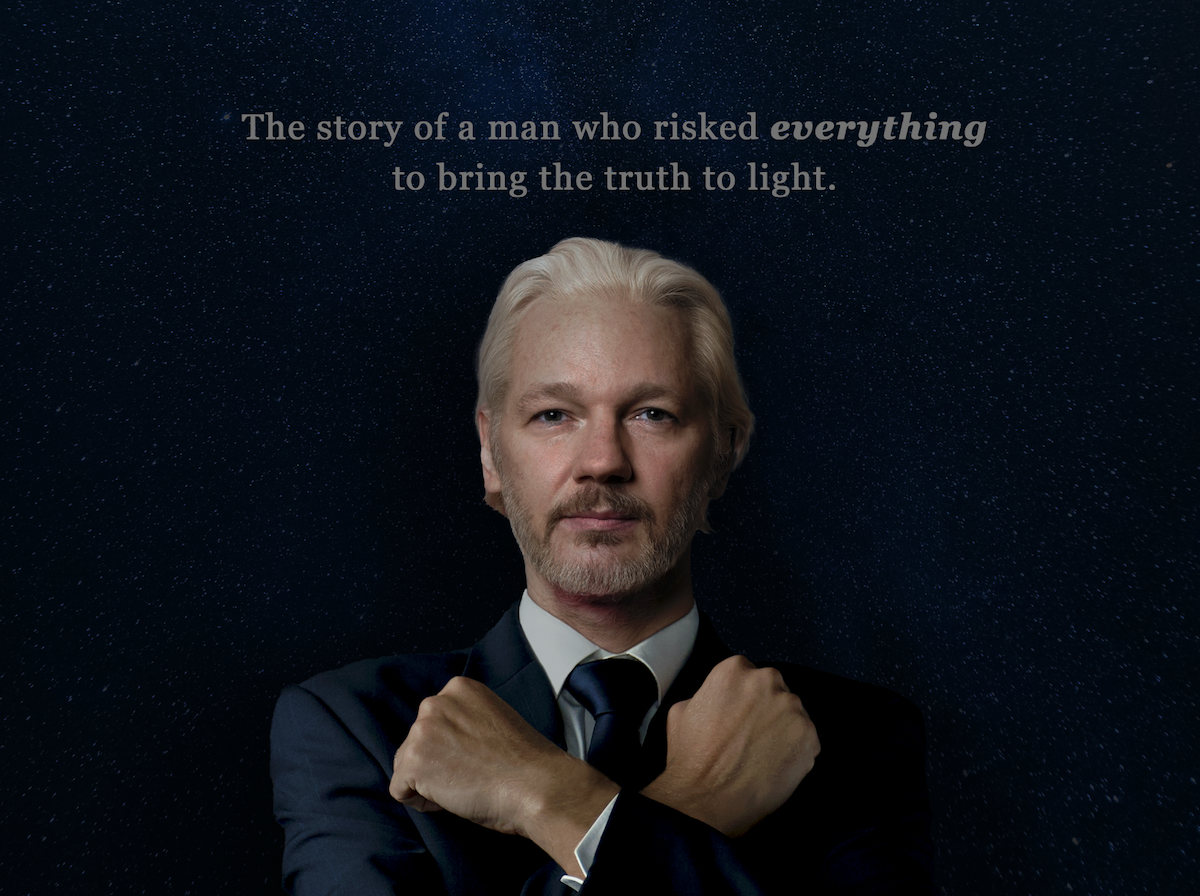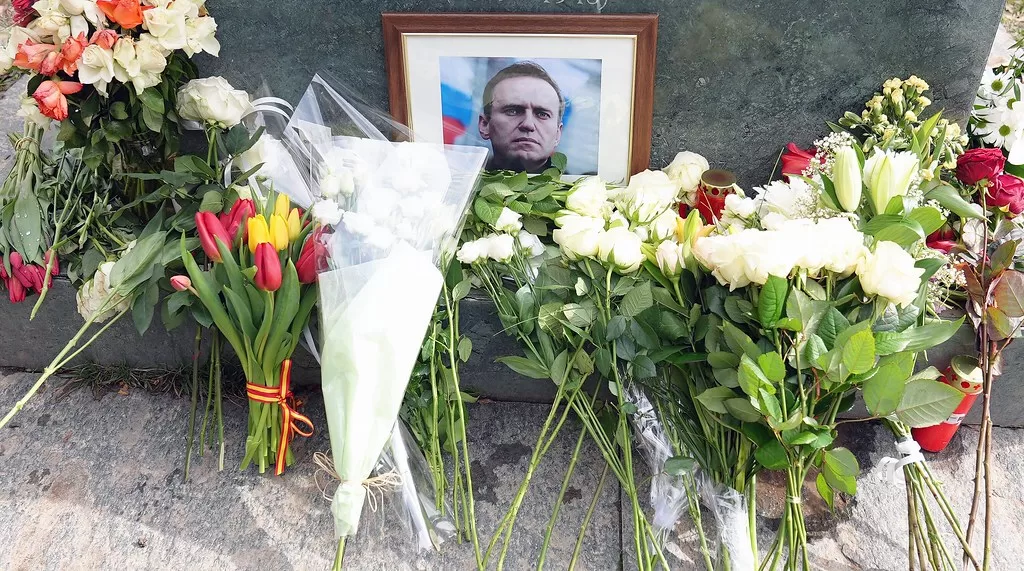
Credit: Saikat Paul / Shutterstock.com
So far this year, five secularists have been hacked to death with machetes by hardline Islamists in Bangladesh. Four writers — Avijit Roy, Washiqur Rahman Babur, Ananta Bijoy Das, and Niloy Chakrabarti — have been murdered, and on 31 October, Faisal Arefin Dipan, who published Roy’s books, was killed at his office in Dhaka. Two secular bloggers and another publisher were badly injured in a similar attack just hours earlier.
This spate of attacks began in earnest in 2013, when atheist writer Asif Mohiuddin was attacked with machetes. While he survived, blogger Ahmed Rajib Haider, attacked a month later, wasn’t so fortunate. At the time, the attacks were linked to political tensions over the ongoing war crimes tribunal. Today, the brutal assaults on secularists seem to have taken on a life of their own and the government has failed to take any decisive action, meaning secularists have been marked out as an easy target. “We don’t want to be seen as atheists,” said the prime minister’s son, Sajeeb Wazed, in May.
In 2013, militant Islamists issued a hit list of 84 bloggers. Numerous other lists are in circulation. For those who are under threat, the situation is terrifying: amongst the small community of “freethinkers”, as they describe themselves, there is a sense that no one is safe. One blogger, who wrote on feminism and religion who wished to remain anonymous, arrived in Europe on 30 October, the day before Dipan was murdered. “I had direct threats to my life; I stopped blogging but the threats continued and I couldn’t even leave the house. Even now, I can’t believe that I’m safe,” she told me over the phone.
The feeling is shared among many atheist bloggers, who use pseudonyms out of fear of reprisals. Prithu Sanyal (not his real name) was a mid-level government employee in Bangladesh who blogged for years on different online forums for atheist writers. He comes from a Muslim family, but later became an atheist and is openly critical of fundamentalism and religious intolerance. This year, he had a frightening experience. “Some unknown people, who introduced themselves as members of ‘Allah’s Army’, stopped me on the way of returning home from the office, and threatened to kill me with my wife and sons,” he told me via email. “They told me that now it is my turn to be killed and also threatened to kill my wife for being my accomplice, and my sons for being brought up without a religious view.”
Sanyal did not go to the police. He feared outing himself and losing his job. Moreover, he had no reason to believe that the government would offer him protection.
These fears are well grounded. Mohiuddin, the first blogger attacked with machetes in 2013, was soon afterwards arrested under blasphemy laws, illustrating the double threat of extremist violence and official repression. He remained in Dhaka for some time, but conditions were difficult. He covered his face with a mask when he left the house, fearing vigilante attack or arrest. He now lives in Germany and told me that he still regularly receives death threats. “It’s very normal for me.”
Sanyal has also left Bangladesh but his family remains in the country. He asked Index on Censorship not to mention his destination as he still has safety concerns. Bangladeshi fundamentalists recently published an international hit list, including citizens of America and Europe. The clear implication is that nowhere is safe.
One blogger, Nastiker Dharmakatha, wrote a widely circulated document in July explaining the dire situation faced by those who remain in Bangladesh despite being on the hit list. “Since the killing of Ananta Bijoy Das, most of us have been keeping ourselves caged in four walls,” he wrote. “Being the main earning members of our families, we have to go to office regularly. Some of us can’t even avoid evening or night duty at work.”
The letter goes on to explain that the damage inflicted on bloggers isn’t just physical but also mental. With bedroom murders not uncommon, “even staying home fails to guarantee our safety”. Police officers can enter a home at any time to arrest bloggers for “provocative writings”.
After the most recent attacks on publishers, there have been protests in Bangladesh at the continued killings and perceived impunity for the killers. The home minister Asaduzzaman Khan Kamal did nothing to allay the sense that the government is not taking action, telling reporters: “The law-order situation is good. These sorts of stray incidents occur in all countries.”
Such sentiments offer little comfort to those facing a continued and serious threats to their life.
This article was posted on 4 November 2015 at Index on Censorship




